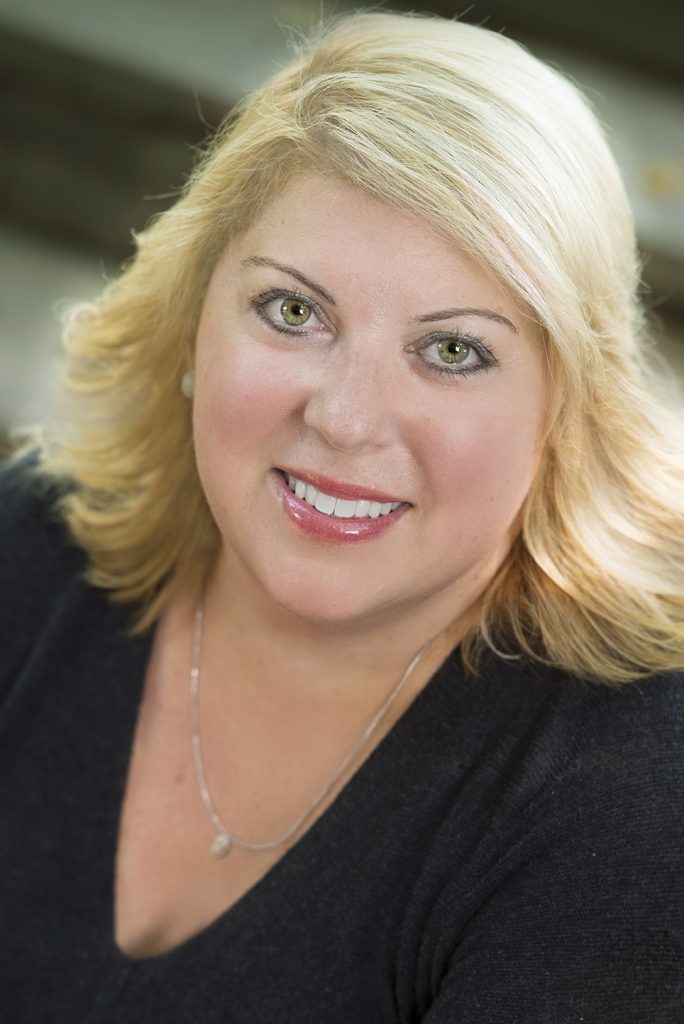By Daniel Konstantino
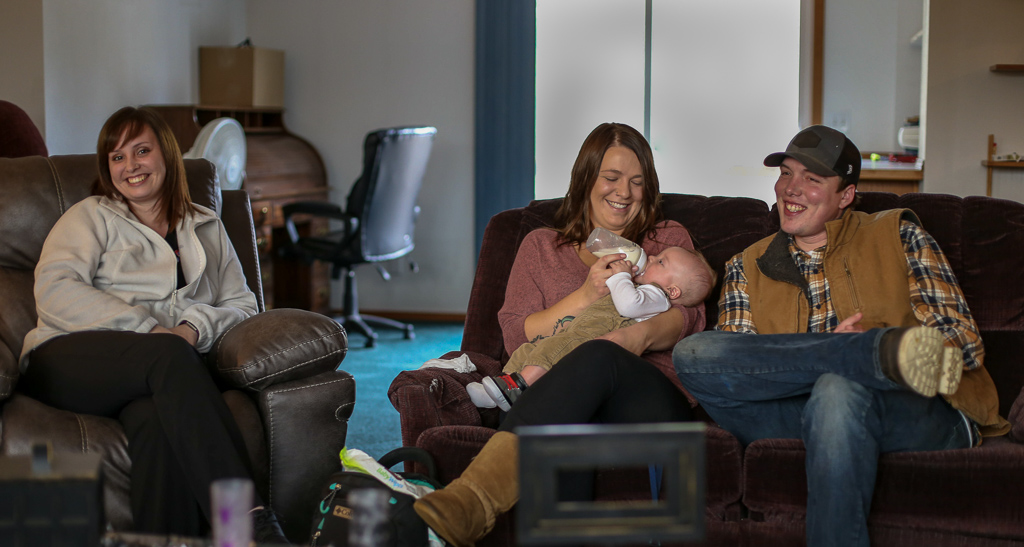
In Sequim, Washington, Jamestown S’Klallam tribal member Joshua Carver, 28, was prescribed pain pills for a football injury in high school and soon became addicted. He spent months in recovery and is now working full time as a construction manager and raising his infant son, Jameson, with his girlfriend (middle). His sister (left) also struggled with addiction. In 2017, according to the Centers for Disease Control and Prevention, doctors wrote nearly 102 opioid prescriptions per 100 residents in Clallam County—higher than the number of prescriptions in some areas of Appalachia.
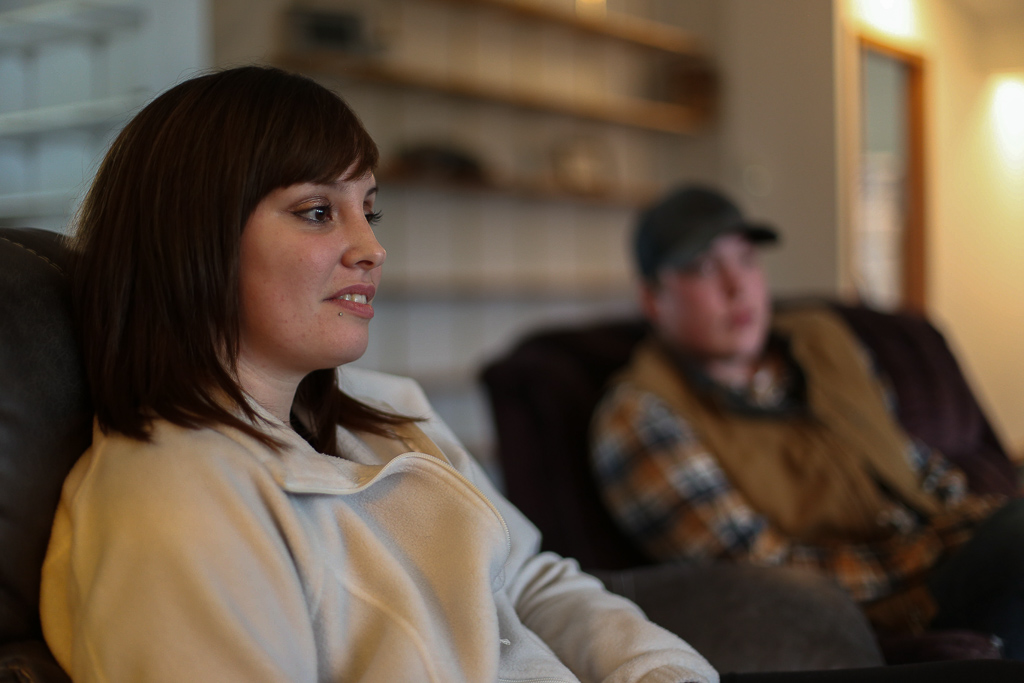
Carver’s younger sister, Hannah Barclay, said she also battled opioid addiction and successfully worked through a recovery program. Now 27, she works at the tribe’s casino. “It’s hard because when you’re chemically imbalanced… I didn’t care about anything at that point other than getting high,” she said.
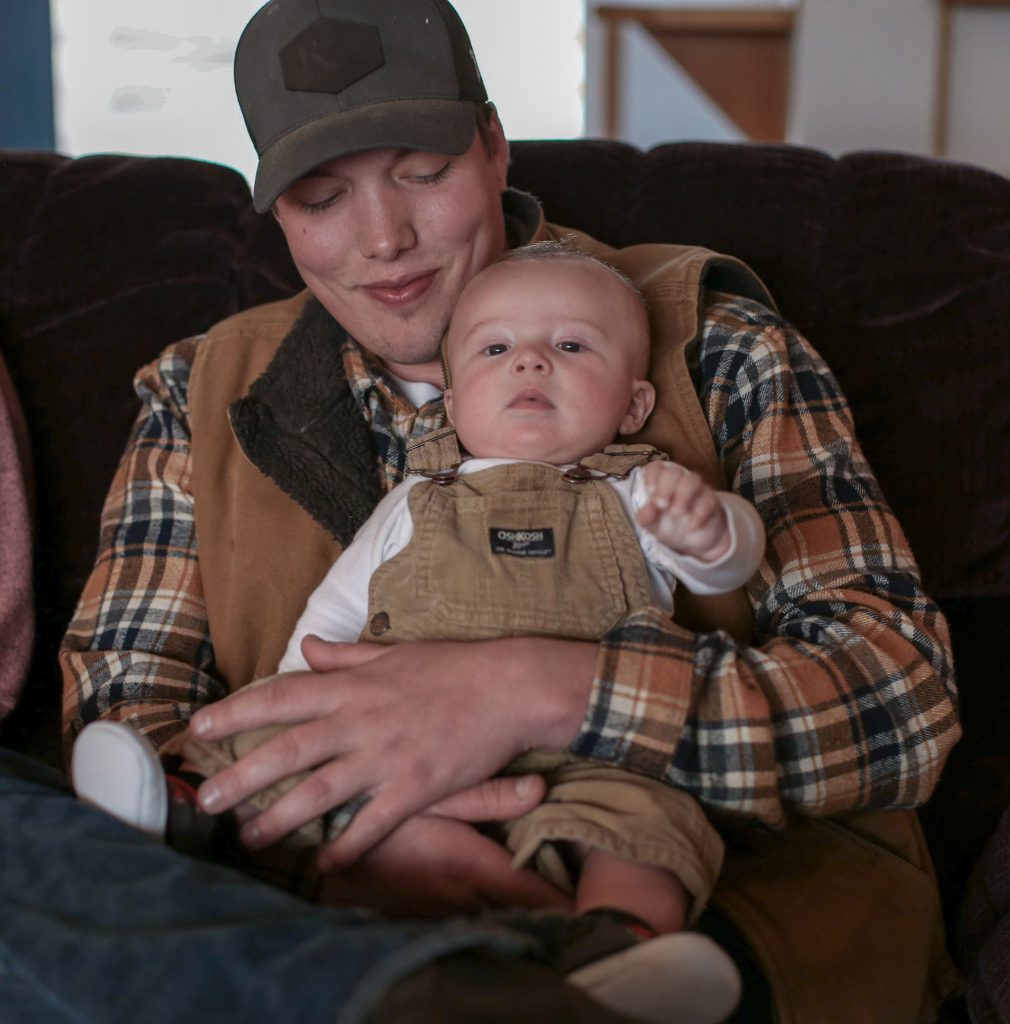
With a combination of tribal resources and state funds, Jamestown S’Klallam is pushing to open an innovative healing center for people struggling with addiction. The center in Sequim would combine medication-assisted treatment with behavioral healthcare and traditional Native American methods. The Priest family supports the center. Here, Joshua Carver smiles at his son, Jameson, in the family home a few miles from the proposed center.
Jamestown S’Klallam tribal descendant Vicki Wallner, whose family has lived in Sequim for five generations, said she watched her son grow addicted to prescription painkillers after he injured his back in high school while working in a supermarket. Over time, she said, she began to prepare for the possibility that her son would suffer a fatal overdose. He went on to work toward recovery.
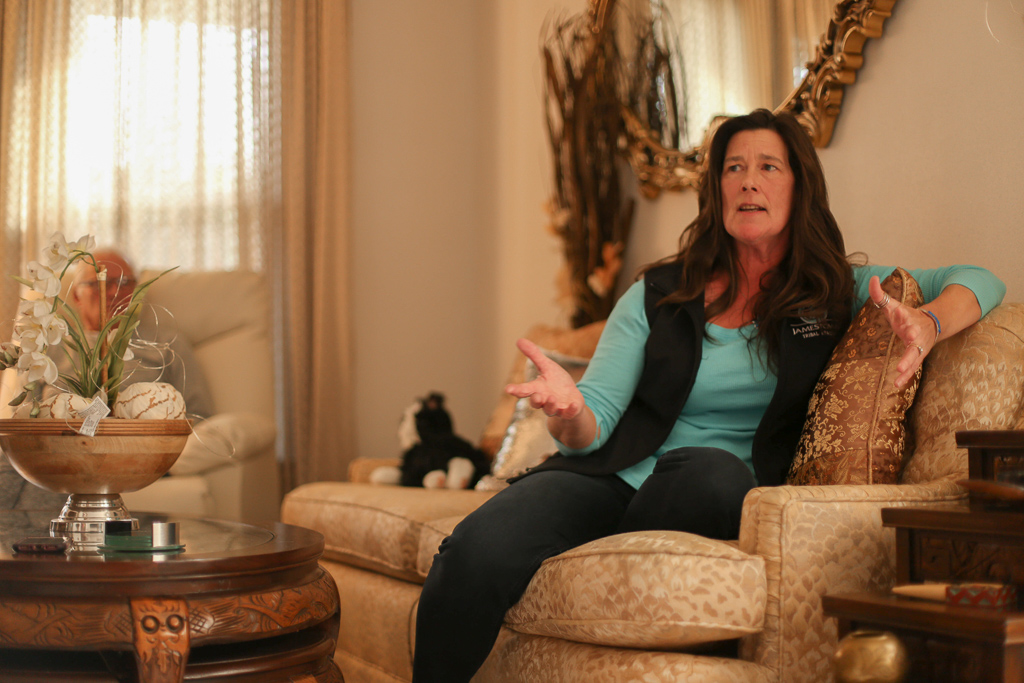
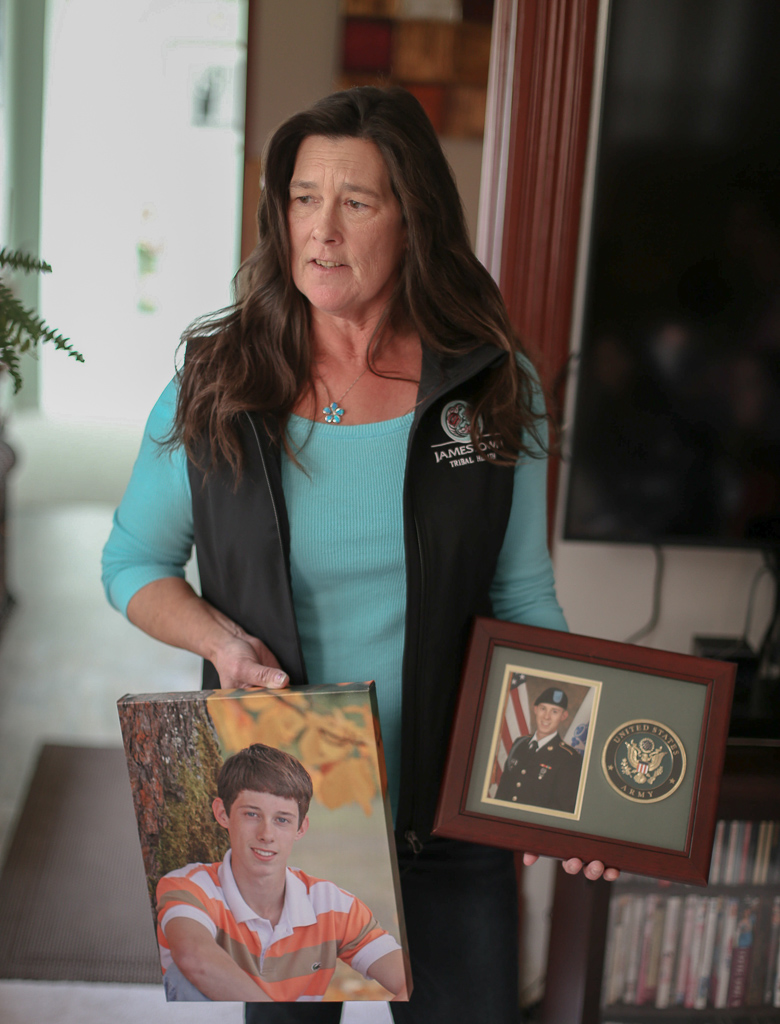
“You feel like you did everything right, and there’s a point in time where you look at this person and you see a stranger,” said Wallner, whose son has been in recovery for four years. “I think that’s the hardest part, seeing a stranger and not being able to do anything about it.”
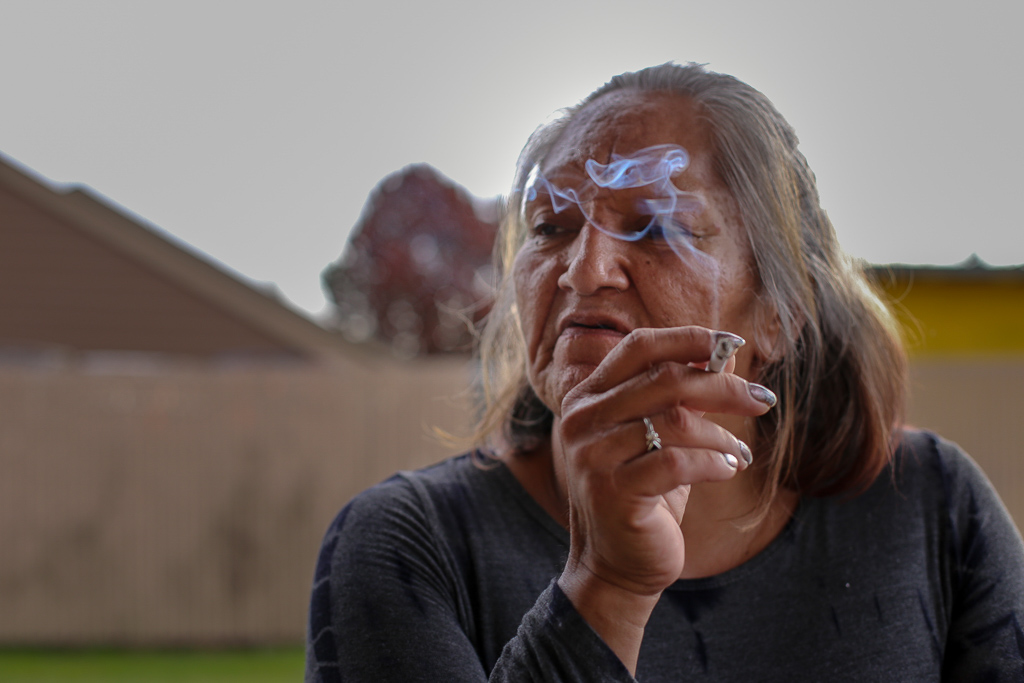
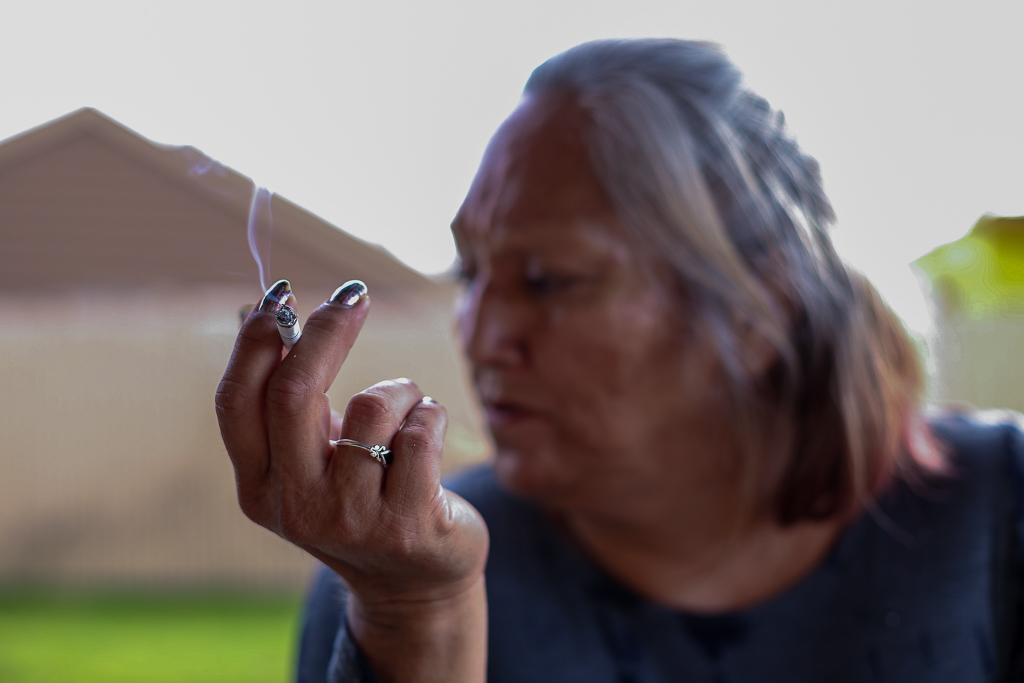
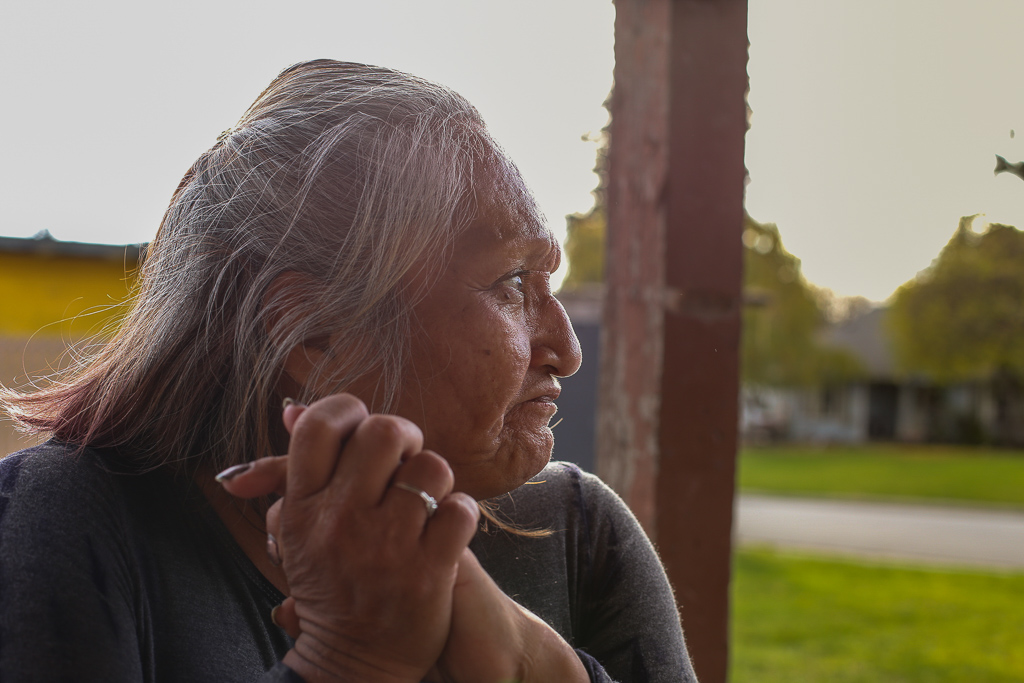
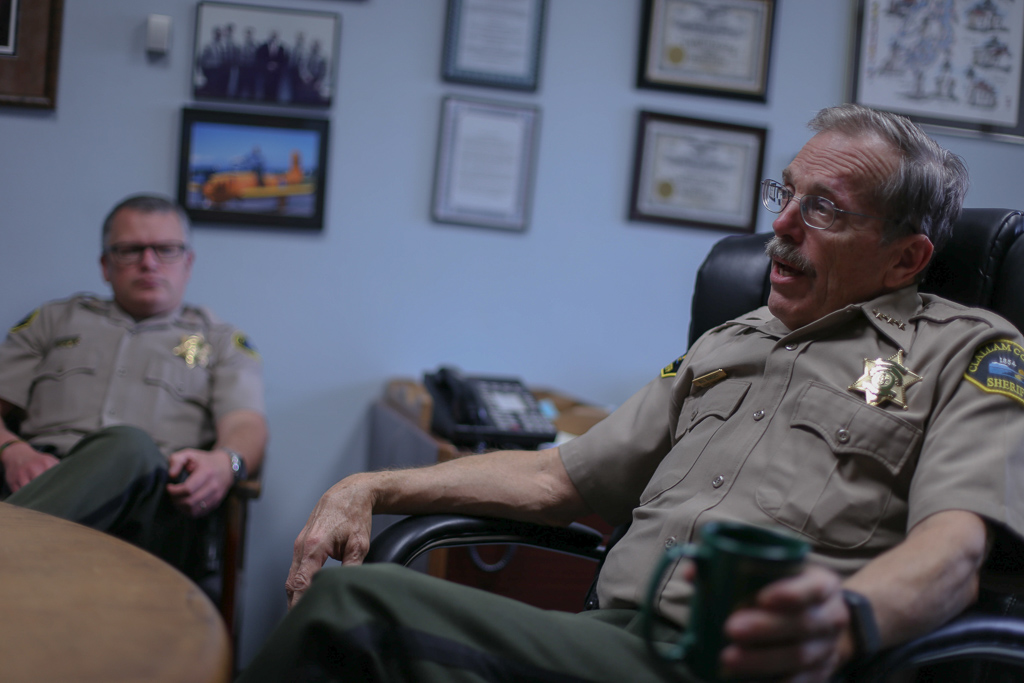
"There is the sickness, misery and even death by overdose of those afflicted, coupled with the sorrow and loss felt by families and friends. The economic costs are huge— lost wages, lost opportunities and the costs associated with many opioid-related crimes, such as burglary, theft and shoplifting. Illegal sales of heroin in Clallam County probably exceed $15 million a year. Property losses due to burglaries and thefts exceed $5 million a year. This is a lot of grief, sorrow and misery for a rural county with a population of 75,000."
Bill Benedict




